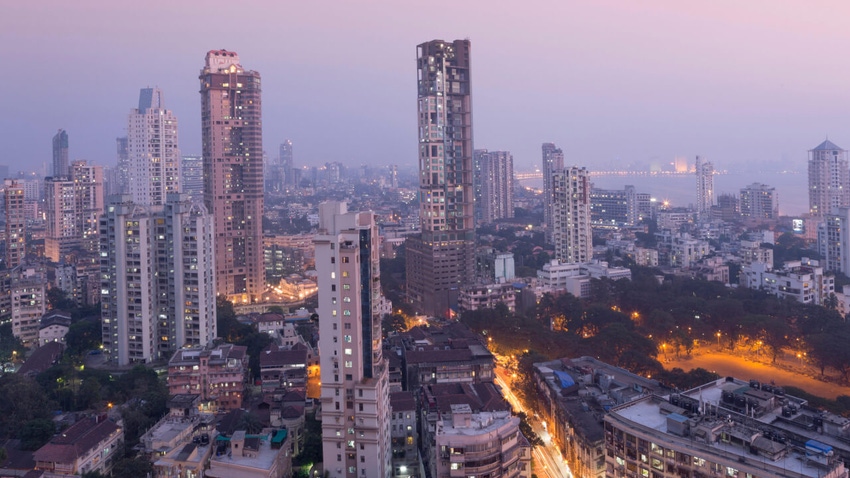BSNL asks Nokia, ZTE for help with homegrown 4G core – report
India's BSNL might after all need a little help from global vendors to optimize a locally developed 4G core network.

India's BSNL has asked Nokia and ZTE for help in supporting its 4G backbone network, built by the Center of Development of Telematics (C-DoT), according to local press reports.
BSNL's 4G network has been in development for several years, grabbing headlines because it uses indigenously developed gear. The 4G solution has been developed by C-DoT and a consortium led by Tata Consultancy Services (TCS). But an outreach to Nokia and ZTE would suggest BSNL is not entirely happy with the original providers.
Previously, BSNL said it had carried out successful trials of 4G core technology in several cities, including Ambala and Chandigarh. These eventually led to pan-India contracts with the Tata Group consortium and C-DoT worth about 150 billion Indian rupees (US$ 1.79 billion).
A network built by those companies would be India's first 4G rollout based on indigenous technology. And asking international vendors for help clearly goes against the tenets of the Indian government's Atma Nirbhar (self-reliant) policy. The successful deployment of homegrown 4G gear would have helped raise India's profile and boosted the Tata Group's efforts to land telecom clients in other regions.
Recently, there were media reports that BSNL had activated 3,500 4G base stations in the states of Punjab, Haryana, Himachal Pradesh, Uttar Pradesh (West) and Uttarakhand. But BSNL's employee union has written to the Department of Telecommunications recommending the operator use Vodafone Idea's network to offer 4G services to its subscribers. The Indian government owns a 33% stake in Vodafone Idea, the country's third-largest service provider.
The long delay in building the 4G network is leading to an exodus of BSNL subscribers. Its mobile market share fell from 9.2% in Jnauary 2023 to 7.8% a year later, according to regulatory data.
BSNL is suffering partly because Reliance Jio and Bharti Airtel, India's two biggest operators, already offer 5G services in most parts of the country.
Read more about:
AsiaAbout the Author(s)
You May Also Like




.jpg?width=300&auto=webp&quality=80&disable=upscale)







